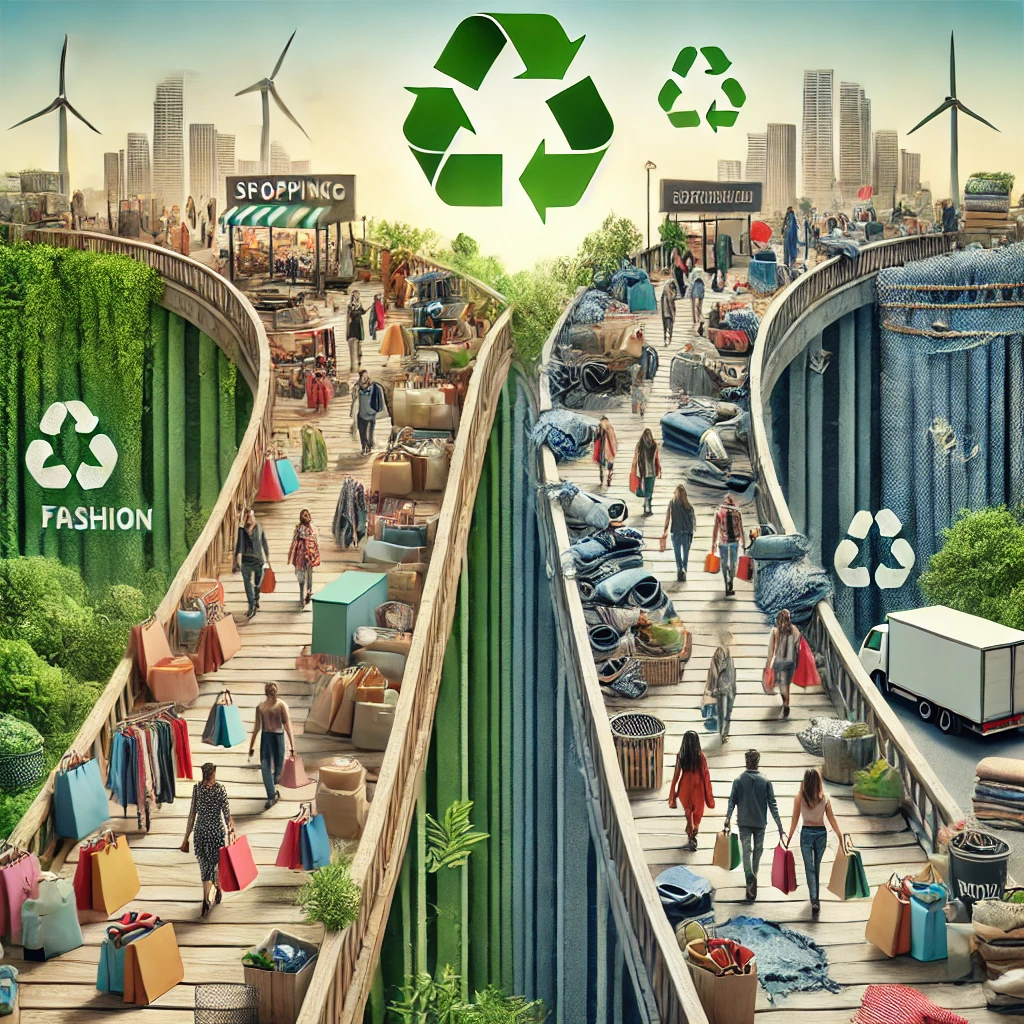“The earth does not belong to us. We belong to the earth.” — Chief Seattle
As the guardians of the future, it is our responsibility to sow the seeds of sustainability in the next generation. Schools are the ideal platforms to nurture these seeds, cultivating eco-consciousness among students, and moulding them into responsible citizens who respect and protect our planet.
The Indisputable Need for Sustainability in Schools
“Education is the most powerful weapon which you can use to change the world.” – Nelson Mandela
Climate change and natural resource depletion are no longer distant threats but undeniable realities. The Intergovernmental Panel on Climate Change (IPCC) predicts a 50% chance of a 1.5°C global warming between 2021-2040, leading to severe climatic events. The youth of today will bear the brunt of these changes, making it imperative that they are educated about the environmental crisis.
The United Nations Educational, Scientific and Cultural Organization (UNESCO) echoes this sentiment, calling for compulsory inclusion of environmental education in the school curriculum by 2025. As 16-year-old Aishwarya Puttur eloquently states, “Education for all is a human right, and education about a crisis that is currently upon us is also a right.”
The Role of Schools in Nurturing Eco-consciousness
Schools can play a pivotal role in shaping a sustainable future by integrating eco-conscious values into their teaching practices and overall ethos. By making schools planet-friendly, we can conserve nature, protect the atmosphere, and significantly reduce waste. Schools have the power to mould not only the future leaders of our society but also responsible citizens who understand the importance of living in harmony with nature.
In essence, schools can be a launchpad for a greener world, inspiring the next generation to embark on their sustainability journey.
From Theory to Practice: Teaching Sustainability Life Skills
“The future depends on what we do in the present.” – Mahatma Gandhi
Sustainability education should not be confined to textbooks. Instead, it should be viewed as a series of life skills that students can apply in their daily lives. Critical thinking, moderation, sufficiency, and the capacity to assess the impacts of their actions on the environment are some of the life skills that can be developed through sustainability education.
For instance, teaching students how to grow their own food can make them self-sufficient, while educating them about the importance of energy conservation can inspire them to moderate their energy consumption. By fostering these skills, schools can equip students to make informed and sustainable choices.
Empowering Students to Become Environmental Decision-Makers
“Tell me and I forget. Teach me and I remember. Involve me and I learn.” – Benjamin Franklin
Involving children in decision-making processes related to sustainability can foster a sense of responsibility and ownership. When children feel that their opinions are valued, they are more likely to support and commit to the outcome. This can instil in them a lifelong drive for sustainability and empower them to become active contributors to a greener future.
Sustaining the Earth through Sustainable Choices
Schools can lead by example by making eco-conscious choices. From opting for sustainable school supplies to reducing energy consumption and encouraging waste recycling, schools can demonstrate their commitment to the environment in various ways. By adopting sustainable practices, schools can impart crucial lessons on environmental stewardship to students, encouraging them to make eco-friendly choices in their personal lives as well.
Going Beyond the Classroom: Encouraging Sustainable Actions
Schools can also promote sustainability outside the classroom. Organising tree-planting activities, beach clean-ups, and recycling drives can provide students with hands-on experience in environmental conservation. Such initiatives can foster a sense of community among students and help them understand the tangible impact of their actions on the environment.
The Role of Technology in Sustainability Education
The advent of technology has opened up new avenues for sustainability education. From interactive online resources to virtual reality experiences and mobile apps, technology can make sustainability education engaging and immersive. Schools can leverage these tools to foster a deeper understanding of environmental issues among students and inspire them to take action.
Conclusion
“The greatest threat to our planet is the belief that someone else will save it.” – Robert Swan
Educating the next generation about sustainability is not just a necessity but a responsibility. By incorporating sustainability into their curriculum and practices, schools can play a pivotal role in shaping a greener and more sustainable future. It’s high time we listened to the voices of our children, the custodians of our planet, and empowered them to make a difference. After all, the future of our planet lies in their hands.




